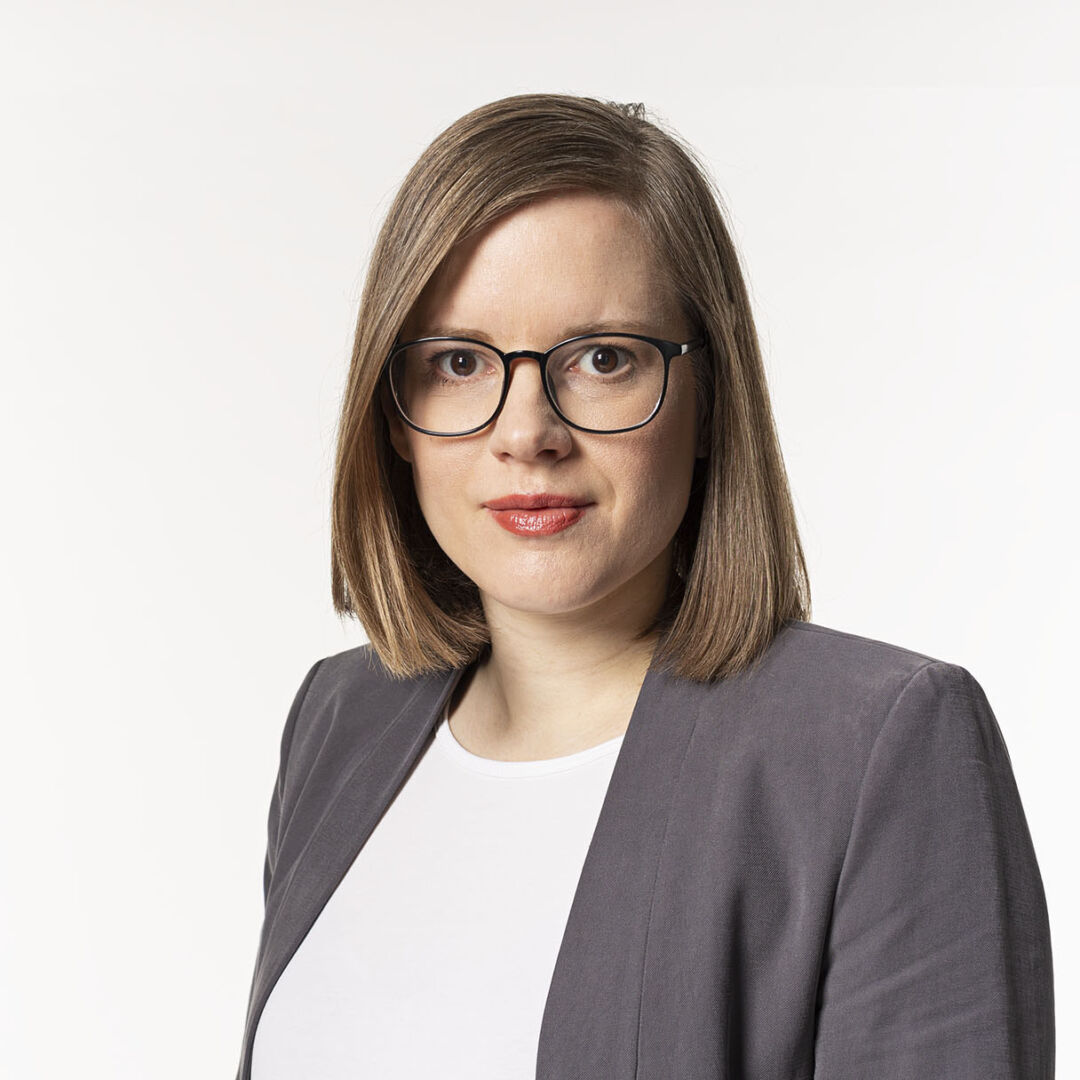The health sector is characterized by a large number of different players using different, often closed IT systems, which is why sharing and exchanging data between organizations is highly impeded. When it comes to sharing and exchanging data across national borders, the problem is further aggravated, as regulatory systemsand structural frameworks are also different from country to country.
As long as the industry remains fragmented due to the existence of so many data silos, it will not be able to operate as desired and realize its full potential. No hospital, research institute, pharmaceuticals company, healthcare provider, or technology provider has all the data it needs for best possible value creation at its disposal. None of these players is able to meet market challenges on its own. At the same time, all of them share the same fear and reluctance when it comes to sharing and exchanging data with other parties. As a result, the entire industry is unnerved and dissatisfied with the current situation.
Improving the situation of both companies/organizations and citizens/patients/consumers
The IDS Health Community wants to overcome these obstacles and pave the way for trusted and secure cross-organizational data exchange ensuring each party’s data sovereignty. The overall goal of the initiative is twofold: 1) optimize processes and create added value on the side of health industry players, and 2) improve lives of, and increase benefit for, citizens/patients/consumers. Key to this approach is that the focus is shifted from mere medical care to the entire ecosystem, encompassing many players from other industries as well. Contrasting the notion of a “closed shop“, the IDS Health Community aims at bringing together as many stakeholders as possible to achieve success on a broad scale.
Joining forces to benefit the individual citizen/patient/consumer
A good example of what can be achieved through a common effort of different stakeholders is commercial aviation. This sector has managed to establish open and efficient data exchange structures for carriers, airport operators, logistics providers, and other players. In the end, the main beneficiary is the passenger, who can now use their boarding pass to travel conveniently with different airlines. Secure and trusted data exchange is displaying its full potential here.
Similar to what has been accomplished in the commercial aviation sector, the health sector should aim at networking all players and stakeholders (i.e. including governments and lawmakers) for the benefit of the individual citizen/patient/consumer. Private-public partnerships in connection with solutions for more efficient data exchange thereby will create not just win-win situations, but win-win-win situations.
Shaping the future of the global healthcare sector
What needs to be done now in order for this vision to turn into reality? First of all, the different players and stakeholders in the health sector need to come together and exchange views regarding their different interests and requirements. Other industries (e.g. the mobility sector) have proven in many use cases that secure and trusted cross-organizational, cross-national data exchange can work and yield benefit to all parties involved. In the health industry, however, use cases are still quite rare, and those that exist are very specific and limited. So the question to be answered is (in analogy with the example from commercial aviation): What’s the “boarding pass” in healthcare?
The IDS Health Community already counts more than twenty partner organizations (private companies, healthcare institutions, industry associations, research institutes etc.). The goal is to get all relevant players and stakeholders involved, discuss the issues, and develop solutions. As the problems of the industry are pressing, there is no more time to waste. A working group has already been set up.
According to the roadmap presented at IDSA Winterdays, the Community will be equipped and scaled in the second and third quarter of 2022. As of the fourth quarter, the Community will go live in order to shape the future of the global healthcare sector.




